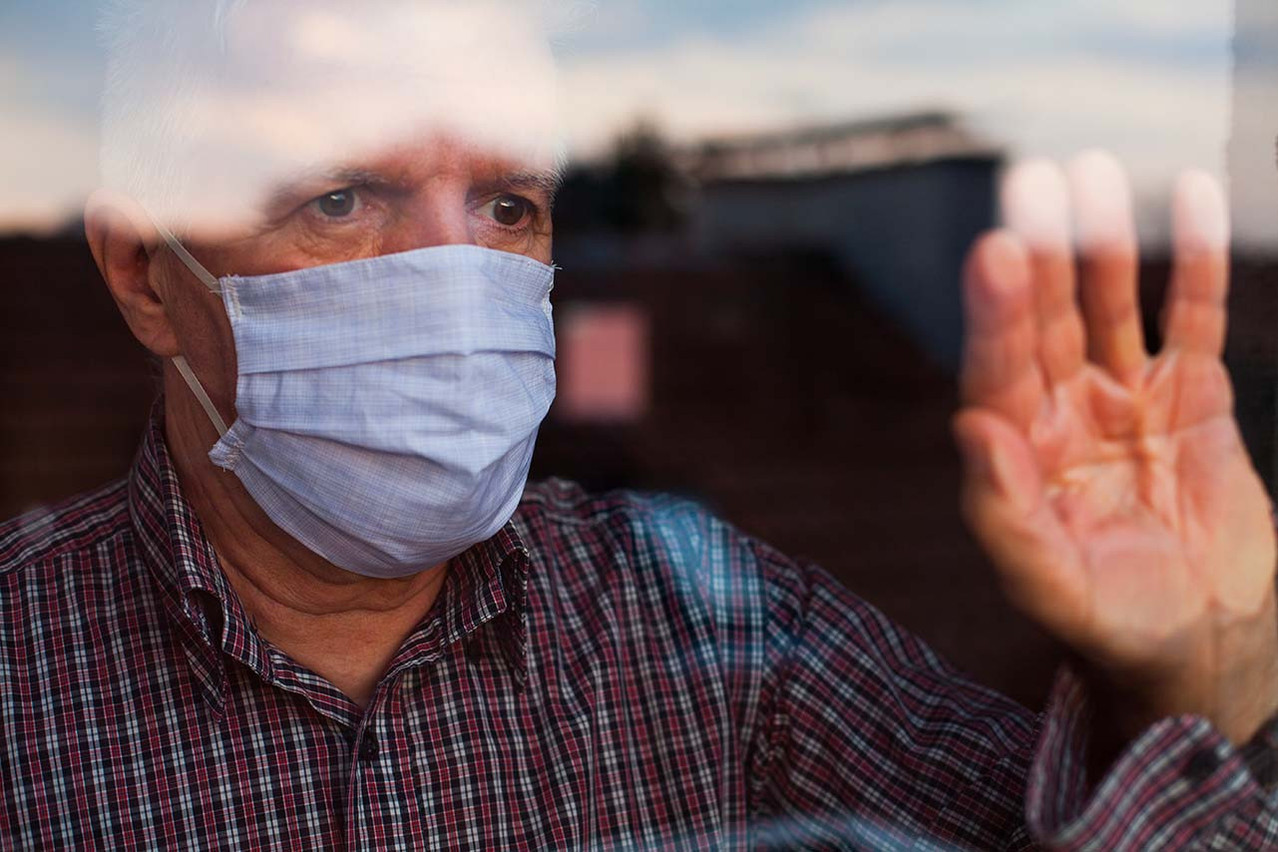“The results are good but we can always do better, and there are points we can improve.” This was the conclusion of health minister Paulette Lenert (LSAP) following the presentation of the Luxembourg: Country Health Profile report in the presence of Anne Calteux, the European Commission's representative in Luxembourg, and Dr. Juliane Winkelmann, the report's lead author at the European Observatory on Health Systems and Policies.
The report is produced in accordance with the European Commission by experts from the Organisation for Economic Co-operation and Development (OECD) and the European Observatory on Health Systems and Policies as part of the cycle on health status in the EU.
“Particularly in the area of prevention, more work needs to be done to prevent certain behaviours of citizens from leading to illnesses,” continued Lenert. The minister refers to the fact that more than a third of deaths are attributable to behavioural risk factors. “Smoking and alcohol consumption have declined over the past twenty years, but excessive alcohol consumption among adults is the third highest in the EU,” notes Winkelmann.
Three doctors per 1 000 inhabitants
However, life expectancy is among the highest in the EU, at 81.8 years in 2020. “It increased by two years until 2019, but then fell by 11 months due to covid-19,” adds Winkelmann, who points out that “all other EU countries are also experiencing this consequence”. Regarding the management of the pandemic, the report underlines that Luxembourg “was relatively well prepared in terms of public health emergency management capacity”. Above all, the country “achieved the best screening rate in the European Union at a very early stage" with its broad scale testing strategy.
A more negative point raised by the report concerns the lack of doctors in the country. “There are three per 1,000 inhabitants, compared to the EU average of 3.9. They are also old, as 60% of specialists were over 50 years old in 2017,” added Winkelmann. “The number of nurses per capita, on the other hand, is one of the highest, with 12 per 1,000 inhabitants, compared to the European average of 8.4.” The minister also confirmed the country's dependence on its neighbouring countries to provide this contingent of hospital staff.
“Few unmet needs in medical care”
Among the strong points was the Luxembourg health system receiving public financing amounting to 85%, compared to 79.7% in the rest of the European Union. While the proportion of health expenditure paid for by the insured is the second lowest after France (9.6% compared to 15.4% in the EU). As a result, two-thirds of the population in 2020 will have taken out supplementary health insurance.
Accessibility to care was also highlighted, with “little unmet needs for medical and dental care thanks to a very extensive range of care. State participation in the financing of health services is higher than in the EU, but 19% of people said they had refused medical care during the first twelve months of covid-19 (21% in the EU),” the report states.
To improve access to care, the report calls for a “reorganisation of medical training (bachelor's degree in medicine, new nursing courses) to attract more professionals. At the same time, the new training programme should aim to enable the transfer of skills and closer collaboration between health professionals.”
The report also highlights the draft law on the creation of a national agency for medicines and health products, which aims to “strengthen quality and safety management and facilitate access to medicines and health products.”
This story was first published in French on . It has been translated and edited for Delano.
